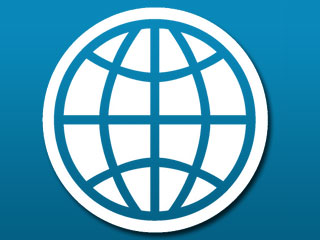Diverse Latin America can lead climate solutions, World Bank says
 Washington - Latin America has an opportunity to lead the world in efforts to tackle global warming, but will have to do more to avoid the worst affects of climate change in the coming years, according to a World Bank report released Wednesday.
Washington - Latin America has an opportunity to lead the world in efforts to tackle global warming, but will have to do more to avoid the worst affects of climate change in the coming years, according to a World Bank report released Wednesday.
Latin America has the natural resources necessary to sharply reduce its own carbon footprint and pass on some of its more innovative solutions to other developing countries, many of which are facing pressure to lower their climate-damaging emissions without stunting economic growth.
Latin America has demonstrated a consistent commitment to fight climate change beyond political cycles," said John Nash, a co-author of the report. "Now is the time when the region can act as a leader within developing nations in articulating constructive global solutions."
But the report warned that Latin America is still projected to increase its output of carbon dioxide emissions - the principle gas blamed for causing global warming - by 33 per cent between 2005 and 2030. That lies above the global average of 24 per cent.
Without more action, the World Bank said Latin America faces the prospect of lower agricultural productivity; increased diseases; stronger storms, droughts and floods on the continent; and melting Andean glaciers that many rely on for fresh water.
Among the solutions the report cites Brazil's efforts to become independent of foreign energy sources by using hydro-electric power, bio-diesel and ethanol fuel made from sugar cane.
Other good projects include Costa Rica's incentive-based plan to preserve ecosystems, new environmentally-friendly public transport systems across the continent and Argentina's efforts to boost renewable energy use in rural areas.
Governments from around the world are meeting in Poznan, Poland, this week to discuss a new global treaty on climate change. Industrial nations are facing pressure to adopt hard targets to cut their emissions but one of the key stumbling blocks is just how far emerging economies should be pushed to cut their own pollutants. (dpa)